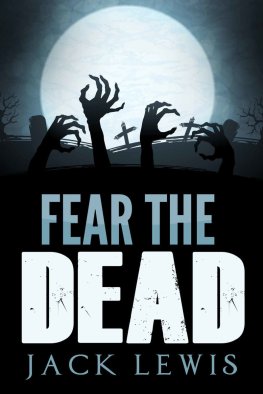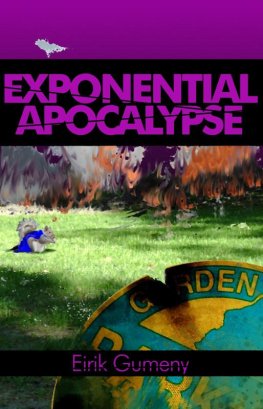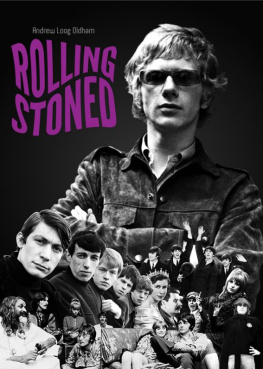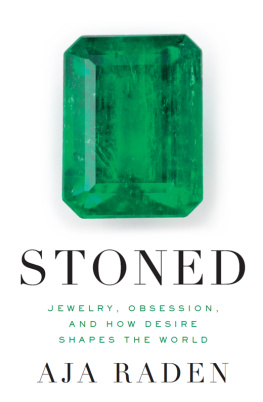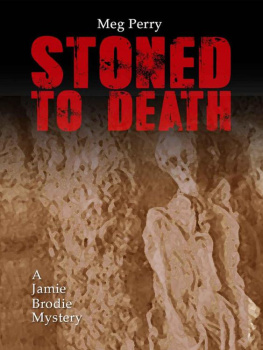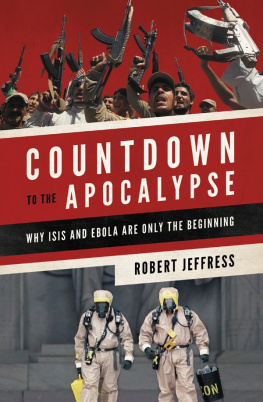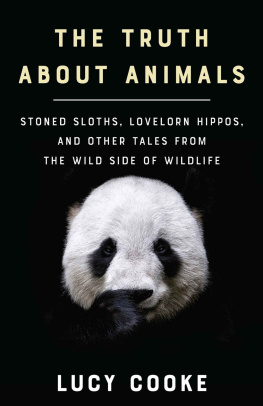1
Are you... searching?
For a moment I thought she might be mocking, but her eyes were clear. Her name was Joan, and she was the secretary to the director of public relations for Encyclopedia Americana. I was immediately intrigued. I leaned back in my editors chair, appraised her in my best astral Valentino, and said, Yes, you might say I am searching.
Ah, she said, and walked out of the office.
She was the most interesting woman I had ever met in an office. Of all the workers there, she was the most totally self-possessed, seeming always on the edge of some amusing secret. I felt an uncomplicated animal passion for her, and for several months had been ravishing her up and down the corridors of my imagination, flinging her across my desktop, ripping her skirt and blouse to shreds, forcing her with my throbbing manhood, until the fires of refusal in her eyes liquefied into yearning.
Outside of my fantasies it was nothing like that. I was the editor of a sixteen-page piece of baroque reportage called Encyclopedia News, and each month I filled the space with exhortations to SELL MORE!, and inspiring stories of salesmen who had sold six sets in one week! I was housed in a private cubicle on the nineteenth floor of the piss-yellow Americana Building which squats over Lexington Avenue on Fifty-first Street. And at night I read the literature of alienation and suffered the psychic suffocation which came with contemplating my current condition, the daily lie to myself which told me I ought to go to work, the death-in-life subway ride, the overwhelmingly oppressive air and vibration of midtown Manhattan.
I was a slum kid on the rise, fulfilling my parents expectations of college degree and respectable office job, escaping the eight hours of daily manual labor my father had spent forty years at. But there had always been something occult in the way I went about things, for I was always ready to give as much weight to the potential as to the actuality of any given circumstance, knowing intuitively that the environment is as much defined by my perception of it as by any objective qualities it may possess.
Three days later, Joan came into my office again. She waited until I put down my pen, had turned to face her, and then spoke. Do you know... Gurdjieff? she said. I wanted to impress her, but all I knew about Gurdjieff was a short jumbled conversation Bob Wellman and I had had one night, during which he referred to Gurdjieff as a Russian mystic. Oh, yes, I said. Hes a Russian mystic, isnt he? Her response was sheer silent disdain. I trembled inwardly. She arched one eyebrow and said, Well, actually, hes neither a Russian nor a mystic. But no matter. And quickly turned and walked out of the office.
The window blind slipped a gear and came crashing down to the sill, in the process decapitating a small cactus plant I was growing there. That night I went to Washington with Conrad, a fellow editor who was going on a tour of the southern territory; I was to spend three days going out with salesmen to get a feel of how they actually worked, supposedly to make my writing more realistic for the men. I spent a night with an old Estonian pirate named Peter, and the evening was highlighted when we moved in on an Italian tailor, who spoke almost no English, and browbeat him and his wife for over an hour. The man had a two-year-old daughter, and Peter was trying to convince the cat that unless he bought a set of encyclopedias, he would be condemning his little girl to a life of ignorance and poverty. He pulled out all the stops, and did the entire pitch including a ten-minute rsum of mans recorded history and climb up from savagery to the conquest of space. He grew so eloquent that I was ready to buy a set myself. The tailor understood very little of the account, but being Italian, he was swept away by the sound of the rhetoric. He wrung his hands and vowed his eternal desire to buy a set of encyclopedias but pleaded, I dont have enough money. Peter then proceeded to show him that it would only cost pennies a day. They wrestled for a long time until, with a gesture worthy of Verdi, the man strode to a table piled high with clothing and shouted, I have to work all night just for food enough for my family. Please, I cant buy the books.
Peter leveled him with a cold glance. All right, he said, and in his voice I heard defeat. All right, if you wont make the sacrifice for your child... And he gathered up all the charts and contracts and sample volumes, packed slowly and deliberately, and walked out without a backward look. I followed him out, and no sooner were we five feet from the house than his shoulders straightened, his step got brisk, and his face lit up. Well, he said, every one you lose means youre that much closer to the next sale.
One can desire only that which one has tasted, and while I was desperately sick of my job, of the city I lived in, of the entire flat, tedious round of meaningless daily existence, I didnt know what else to do. Everything I tried was only a minor variation on the theme, a palliative for the moment. New York has many toys for its slaves to play with. And yet, there had to be more. For my entire life, I have known that there was more. Not in the way of possessions or life style, but in the way of understanding, of knowing. At the time, the psychedelics were beginning to hit the public eye, and the phrase expanded consciousness was filtering through society. But I wasnt ready for LSD; it frightened me.
When I returned from the trip to D.C. I found a slip of paper on my desk. It was from Joan. It read, The Psychology of Mans Possible Evolution, by P. D. Ouspensky. I bought the book on Friday, and read it on the bus to Bennington, where I was having a pornographic love affair with a very romantic and slightly nymphomaniacal girl of nineteen. I was, at the time, working desultorily toward an MA in psychology at the New School, going three nights a week to take notes and scream inwardly at the cosmic obtuseness of the teachers there, each of whom scurried like a white mouse down the end corridors of some inane specialty, getting to know more and more about less and less until finally they knew everything about nothing. I was coming to the great realization that the study of psychology could not take place apart from an understanding of life as a whole, and to talk about theories of projection was not worth a thousandth of a single insight during which one fully and materially experienced the fact of how one projects. So when Ouspensky began by dismissing all of Western psychology as childish, I felt that I had found my man.


